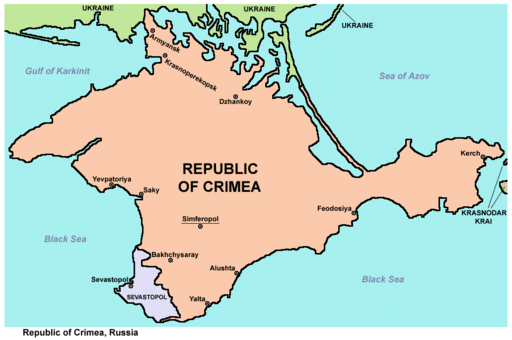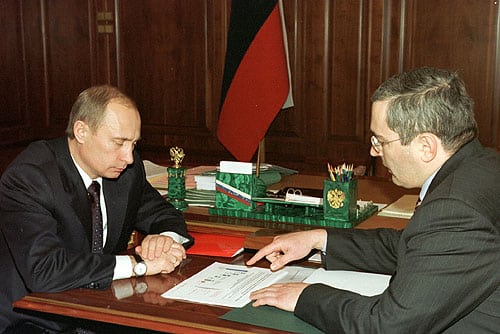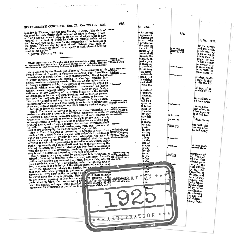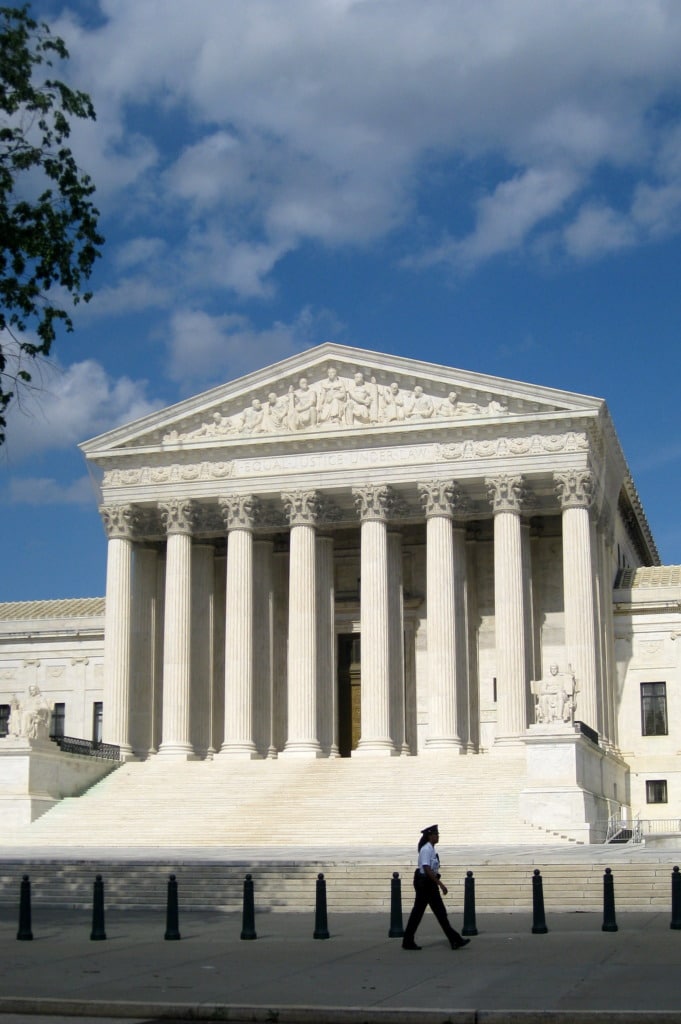Enforcement of Arbitral Awards against Russia for Expropriation of Property in Crimea
The D.C. Circuit recently cleared the way for the enforcement of foreign arbitral awards against Russia for the expropriation of electricity and gas infrastructure in Crimea. Russia argued in the case, Stabil v. Russian Federation, that there was no jurisdiction because the arbitration exception to the Foreign Sovereign Immunities Act (FSIA) did not apply and…
Continue ReadingNYC Event on Enforcement of Foreign Arbitral Awards
An upcoming panel addresses personal jurisdiction, forum non conveniens, immunity, and the enforcement of foreign arbitral awards. It will be held in New York City as part of the 20th Annual Fordham Conference on International Arbitration and Mediation. Details: November 21, 2025 9:30 – 11:00 a.m. | Award Enforcement and Personal Jurisdiction in the United…
Continue ReadingD.C. Circuit Holds that District Court Must Decide Jurisdictional Facts under FSIA for Itself
In a recent decision, Hulley Enterprises Ltd. v. Russian Federation, the D.C. Circuit held that a district court must decide for itself any “jurisdictional facts” necessary to establish subject matter jurisdiction in suits against foreign states under the Foreign Sovereign Immunities Act (FSIA). The plaintiffs sought to enforce an arbitral award against Russia. The FSIA’s…
Continue ReadingEnforcement Deadlines for Foreign Arbitral Awards and Judgments
In a recent decision, Amaplat Mauritius Ltd. v. Zimbabwe Mining Development Corp. (2025), the D.C. Circuit held that the Foreign Sovereign Immunities Act’s exceptions for implied waivers and arbitral award enforcement do not apply to proceedings to enforce foreign judgments, even when the judgment is based on an underlying arbitral award. The decision creates a…
Continue ReadingThree Questions for the Ninth Circuit in Antrix
The Supreme Court’s recent decision in CC/Devas (Mauritius) Ltd. v. Antrix Corp. Ltd. represents a minimalist response to a narrow question embedded in a procedural labyrinth. As Ingrid Brunk noted on TLB, the Court resolved no significant issue, but rather corrected an obvious mistake by the Ninth Circuit. However, the case bristles with potential. Depending…
Continue ReadingOne Century of Arbitration in the United States: Call for Papers
To celebrate the one hundredth anniversary of the Federal Arbitration Act, Transnational Dispute Management(TDM) is publishing a special issue, “One Century of Arbitration in the United States: The Federal Arbitration Act at Home and Abroad,” edited by Professor Björn Arp and Professor Kiran Nasir Gore. Proposals may be submitted to info@transnational-dispute-management.com and will be reviewed…
Continue ReadingSecond Circuit Finds Provision of New York Convention Self-Executing
The Constitution’s Supremacy Clause states that “all Treaties made, or which shall be made, under the Authority of the United States, shall be the supreme Law of the Land,” but the U.S. Supreme Court has long distinguished between self-executing and non-self-executing treaties. Self-executing treaty provisions are effective as federal law without implementing legislation. Non-self-executing treaty…
Continue ReadingImmunity or Not? The English Court of Appeal Decides
In the United Kingdom, § 2 of the State Immunity Act 1978 (SIA) provides an exception to State immunity if a State has “submitted” to the jurisdiction of UK domestic courts. In a 2024 decision, the English Court of Appeal considered whether, under § 2 of the SIA, a State’s adoption of the Convention on the Settlement…
Continue ReadingDevas v. Antrix: Headed back to the Ninth Circuit?
On Monday, the Supreme Court held oral argument in Devas v. Antrix to decide “whether plaintiffs must prove minimum contacts before federal courts may assert personal jurisdiction over foreign states sued under the Foreign Sovereign Immunities Act (FSIA).” Minimum contacts between the defendant and the United States might be required as a matter of statutory…
Continue ReadingArbitration Enforcement and Consent
This Term, the Supreme Court will hear a case that could have profound ramifications for international arbitration: CC/Devas (Mauritius) Ltd. v. Antrix Corp. Ltd. The petitioners are seeking to enforce an arbitration award they won against a state-owned company in India. The district court enforced the award, relying on the New York Convention and the…
Continue Reading






